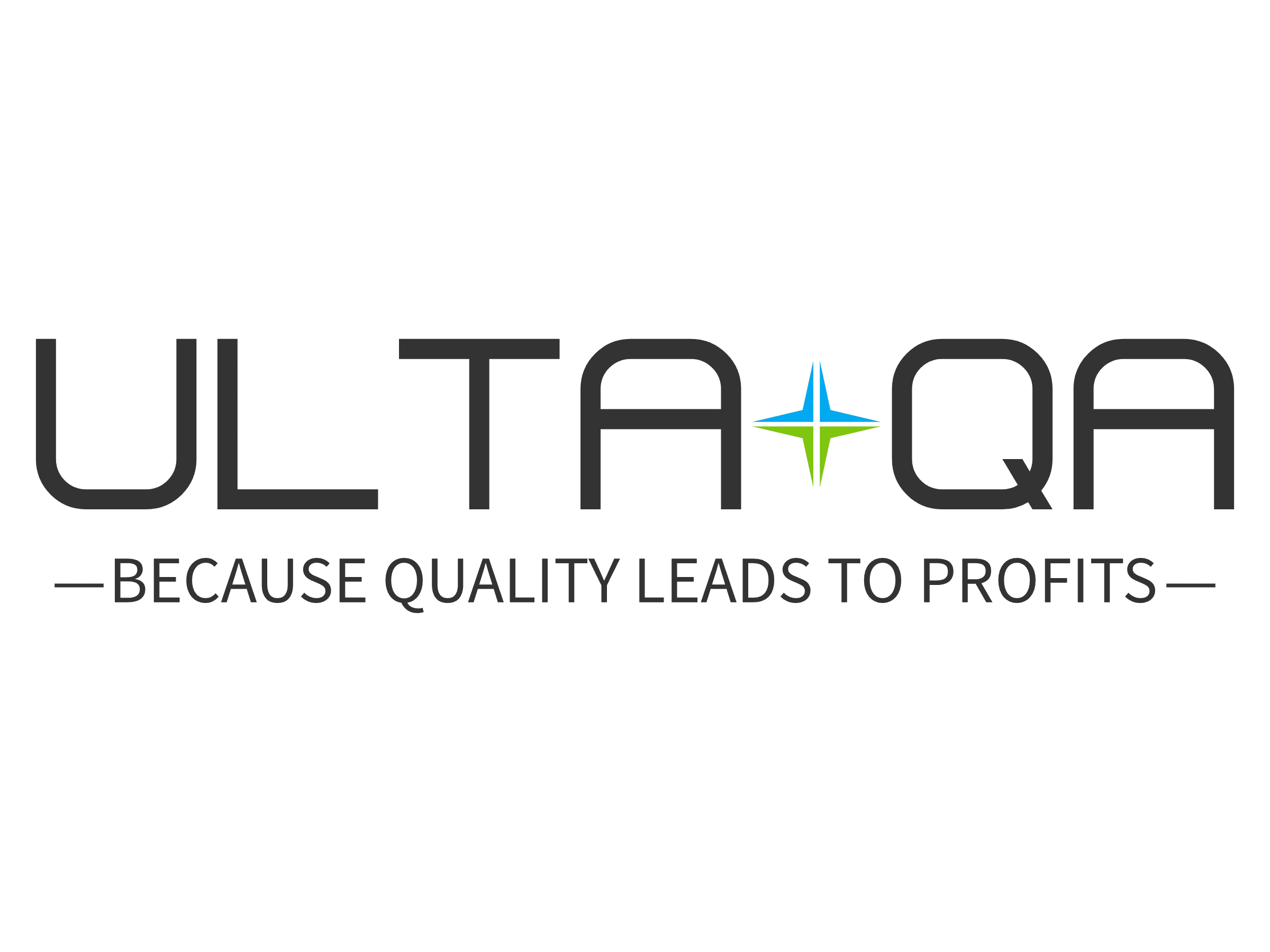In today’s rapidly evolving technological landscape, quality assurance (QA) professionals are increasingly turning to artificial intelligence (AI) and machine learning (ML) to enhance their processes and stay ahead of the curve. As both a QA expert and a business owner, understanding the transformative power of AI in quality assurance can be the key to unlocking new levels of efficiency and excellence for your organization.
Automated Testing:
Gone are the days of manual testing processes that consume valuable time and resources. With AI-powered automated testing, QA teams can accelerate the testing cycle, improve test coverage, and identify defects more quickly and accurately than ever before. By leveraging ML algorithms to analyze vast amounts of test data, organizations can pinpoint patterns and trends that traditional testing methods might miss, leading to more robust and reliable software products.
Predictive Analytics for Defect Detection:
AI doesn’t just detect defects; it predicts them before they occur. By analyzing historical data and identifying potential risk factors, AI algorithms can anticipate where defects are likely to occur in the software development lifecycle. This proactive approach allows QA teams to prioritize testing efforts, allocate resources more effectively, and prevent costly defects from reaching production environments. With AI-driven defect prediction, businesses can mitigate risks and ensure the delivery of high-quality products to their customers.
Streamlining Quality Control Across Industries:
From healthcare to finance to manufacturing, AI is revolutionizing quality control processes across a wide range of industries. In healthcare, AI-powered image recognition systems can assist radiologists in detecting abnormalities in medical scans with greater accuracy. In finance, ML algorithms can analyze transaction data to detect fraudulent activities in real-time, protecting organizations and their customers from financial losses. In manufacturing, predictive maintenance systems can anticipate equipment failures before they occur, minimizing downtime and optimizing production efficiency.
Embracing the Future of Quality Assurance:
As a quality assurance professional, embracing AI and ML technologies can be the catalyst for driving innovation and competitive advantage in your organization. By leveraging AI-powered tools and techniques, you can streamline QA processes, improve product quality, and deliver exceptional experiences to your customers. Whether you’re automating testing, predicting defects, or optimizing quality control, integrating AI into your QA strategy can position your business for success in the digital age.
In conclusion, the role of AI in revolutionizing quality assurance cannot be overstated. By harnessing the power of AI and ML, QA professionals can unlock new levels of efficiency, accuracy, and innovation in their organizations. As you embark on your journey to enhance your career with a master’s in AI/ML and grow your quality assurance company, embracing AI-driven QA practices will be essential for staying ahead of the curve and driving sustainable business growth.
